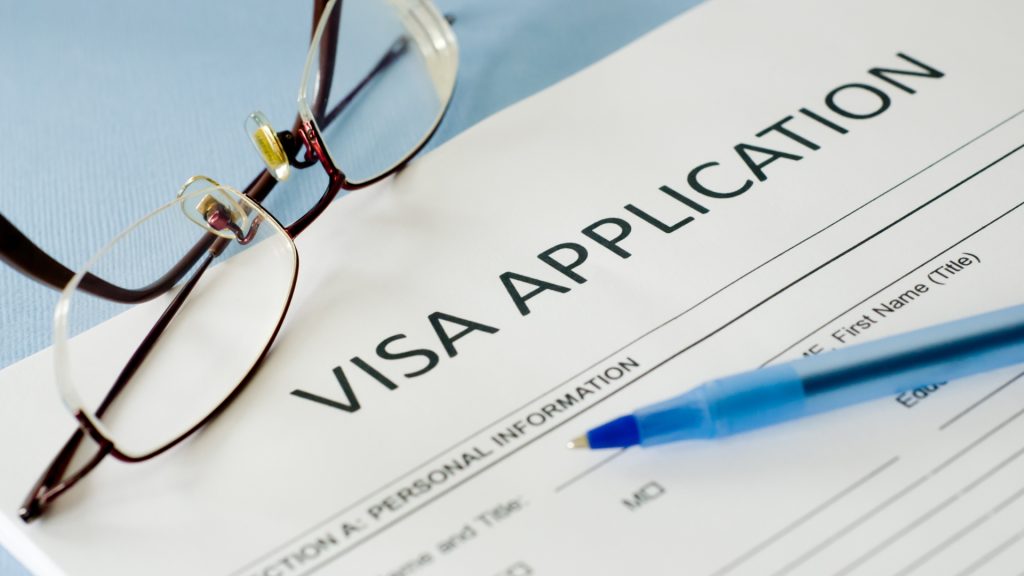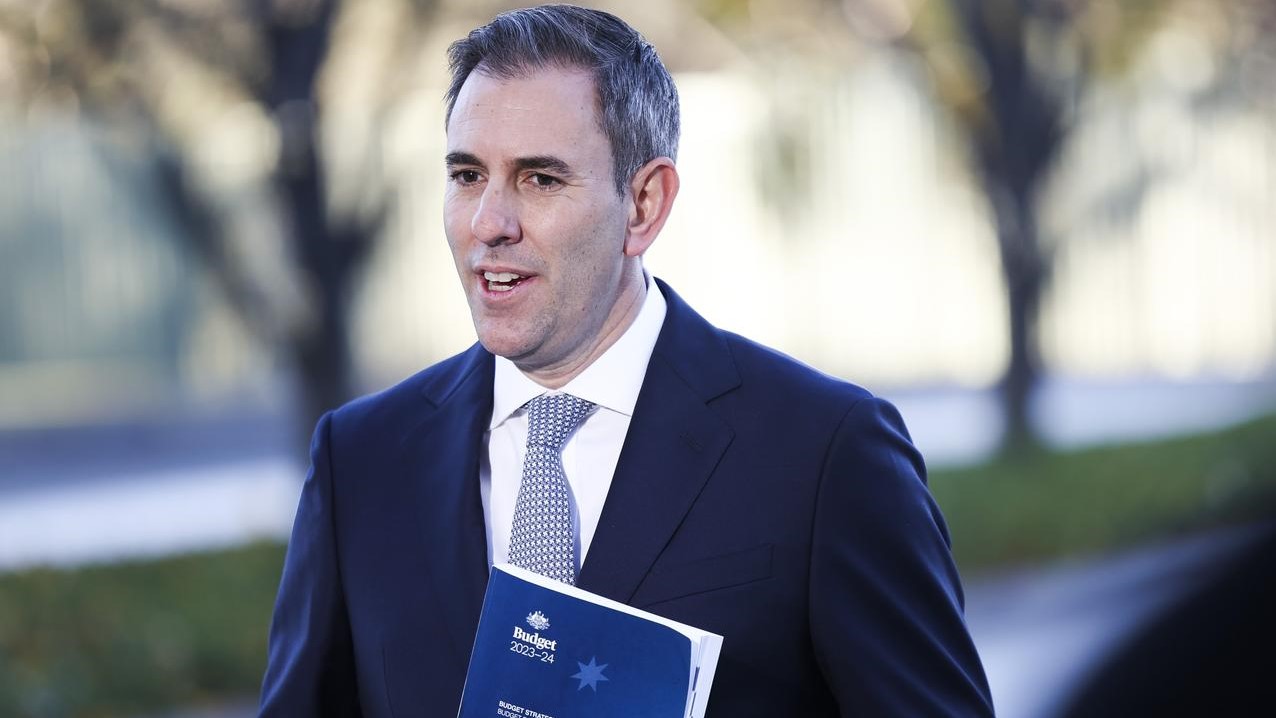The Albanese Government has handed down its second budget with a focus on cost-of-living relief, healthcare and welfare recipients. But what’s really in it for you?
Here’s The Greek Herald‘s breakdown of the 2023 Federal Budget winners and losers.
Winners:
- Aged Care:
The federal government will commit $11.3 billion to paying for a historic wage increase for aged care workers, which will come into effect from July.

- Healthcare:
The government will spend $3.5 billion to triple the bulk-billing incentive that GPs receive, meaning there will be more common consultation types which doctors can choose to bulk bill.
Eight new Medicare urgent care clinics will be established to open for longer hours with no out-of-pocket costs – bringing the total across Australia to 58.
Hundreds of medications listed on the Pharmaceutical Benefits Scheme will also have their costs effectively halved, in a staged approach to begin in September. The change works by allowing people with a chronic illness to buy two months’ worth of supply with a single script, saving them a co-payment each time.
- Cost of living:
A $14.6 billion cost-of-living package is at the heart of Labor’s first full-sized budget, including increases to JobSeeker, Austudy and Youth Allowance of $40 a fortnight. About 52,000 people over the age of 55 will receive a boost of $92 a fortnight to their JobSeeker payment.
If you’re a single parent receiving a government payment, you’ll receive the higher $922-a-fortnight payment – rather than the $745 JobSeeker payment – until your child is 14, not eight.
There’s also energy price relief of up to $500 for up to 5 million households.

- Small Businesses:
The $20,000 instant asset write-off for small businesses will continue until the middle of next year, allowing businesses to deduct the full cost of assets up to that price that were installed or ready for use before that date.
Losers:
- New Migrants and Travellers:
The cost to apply for a visa will rise by 6 per cent, meaning it will cost more to apply for already expensive temporary and permanent residencies.
Tourists, working holidaymakers, people coming here to train or work and investors will also feel the pain, with visa charges to rise from 6 to 40 percent, depending on the category.

- Mental Health:
There is little new money or immediate expansion of access to mental health care in this budget. The decision to halve the number of Medicare-funded psychology sessions from 20 to 10 last January has been left in place.
Money has been set aside to respond to a review and there’s $91.3 million over five years for 500 post-graduate psychology placements and 2000 supervisor training sessions.

- Smokers and vapers:
Smokers will be slugged with a 5 percent tax increase each year for three years, while vapers are going to find it a lot tougher to get their hands on their favourite flavour.
- Commuters:
Despite an election pledge to prioritise a high-speed train along the east coast of Australia starting with a Sydney to Newcastle section, the budget contained no new funding for that rail track in the coming three financial years, nor for any other significant commuter rail projects around Australia.

